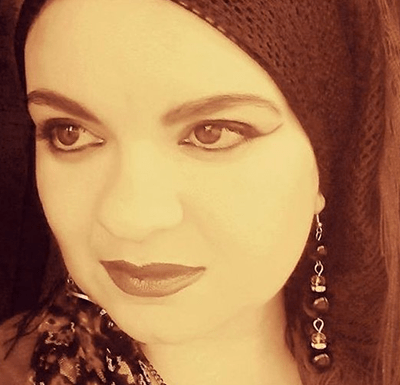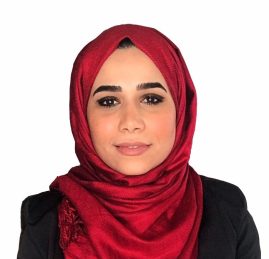On November 29, the UN marked the International Day of Solidarity with the Palestinian People, as has been its hypocritical tradition since 1978. What the UN should do instead is dissect its own culpability for the General Assembly adopting the Palestine Partition Plan on 29 November 1947, and declare explicitly that all of Israel’s ethnic cleansing, including the current genocide in Gaza, was facilitated by that resolution.
The UN, of course, has many enemies, but not within the Palestinian Authority. “We are convinced, now more than ever, that the time has come to hold an international peace conference, and uphold the international will,” was the PA president’s contribution to the solidarity farce. “The time has come to reject Israel’s intransigence in opposing this vision and recognition the right of the Palestinian people to exist and to self-determination,” added Mahmoud Abbas.
Another suggestion for an international peace conference, at a time when Israeli Prime Minister Benjamin Netanyahu is reiterating his intention to continue bombing and killing Palestinian civilians in Gaza, and when far-right National Security Minister Itamar Ben-Gvir is threatening to bring down the government if the colonial aggression stops, is just about the weakest position Abbas can take. Saying nothing would have been of more substance in terms of the legitimate Palestinian anti-colonial struggle for liberation.
Abbas did not speak for the Palestinian people. He just told the international community about the PA’s subservience to international demands at the expense of the people of occupied Palestine. Once again, he pandered to the international community by mentioning peaceful popular resistance as the way Palestinians will confront Israeli colonial violence. Anti-colonial resistance is not successful through peaceful popular resistance, although it does play a part. If it were that simple, there would be no need for international law to legitimize anti-colonial resistance against colonialism “by all available means, including armed struggle.”
To blunder at such a time, especially when Abbas’s repertoire of treachery against the Palestinian people has facilitated their colonial oppression, is a gross violation. “The current Israeli aggression places us at a crossroad, in which either the international will prevails or the occupation’s will to perpetuate its colonialism,” said Abbas. Why, at such a critical point, is he still perpetuating the myth that there is a divergence between the will of the international community and the will of Israel? When has international will ever opposed Israel? Don’t bother doing a Google search, I’ll tell you: Never. The will of the international community has always matched the will of Israel. Moreover, Israel’s existence is founded upon the ethnic cleansing of the Palestinian people and the international community’s will to recognise the settler-colonial enterprise on stolen Palestinian land. There is no “crossroad”, only complicity.
More than 15,000 Palestinians have been killed in Gaza by Israel since 7 October, to which the 7,000 believed to be buried under the rubble should be added. It’s a death toll in which the international community is complicit. The same goes for the million-plus Palestinians displaced in Gaza. Recent events have unfolded in the enclave as a result of international will matching Israel’s will to annihilate Palestinians for the realisation of the Zionist vision of “Greater Israel”, as Abbas and everyone else knows.
What has happened in the past few weeks were just a fraction of what Palestinians have suffered since the 1948 Nakba. To the people’s horror – the Palestinians in terms of their actual experience, and the rest of us as spectators – Israel has shown us in real time what the Nakba looked like. In much the same way as 1948, international will prevailed and Palestinians were slaughtered. Mahmoud Abbas’s international peace conference, if it takes place, will simply extend the reality of international will and its macabre trajectory against the Palestinian people.
-Ramona Wadi is an independent researcher, freelance journalist, book reviewer and blogger. Her writing covers a range of themes in relation to Palestine, Chile and Latin America. Her article appeared in MEMO.











